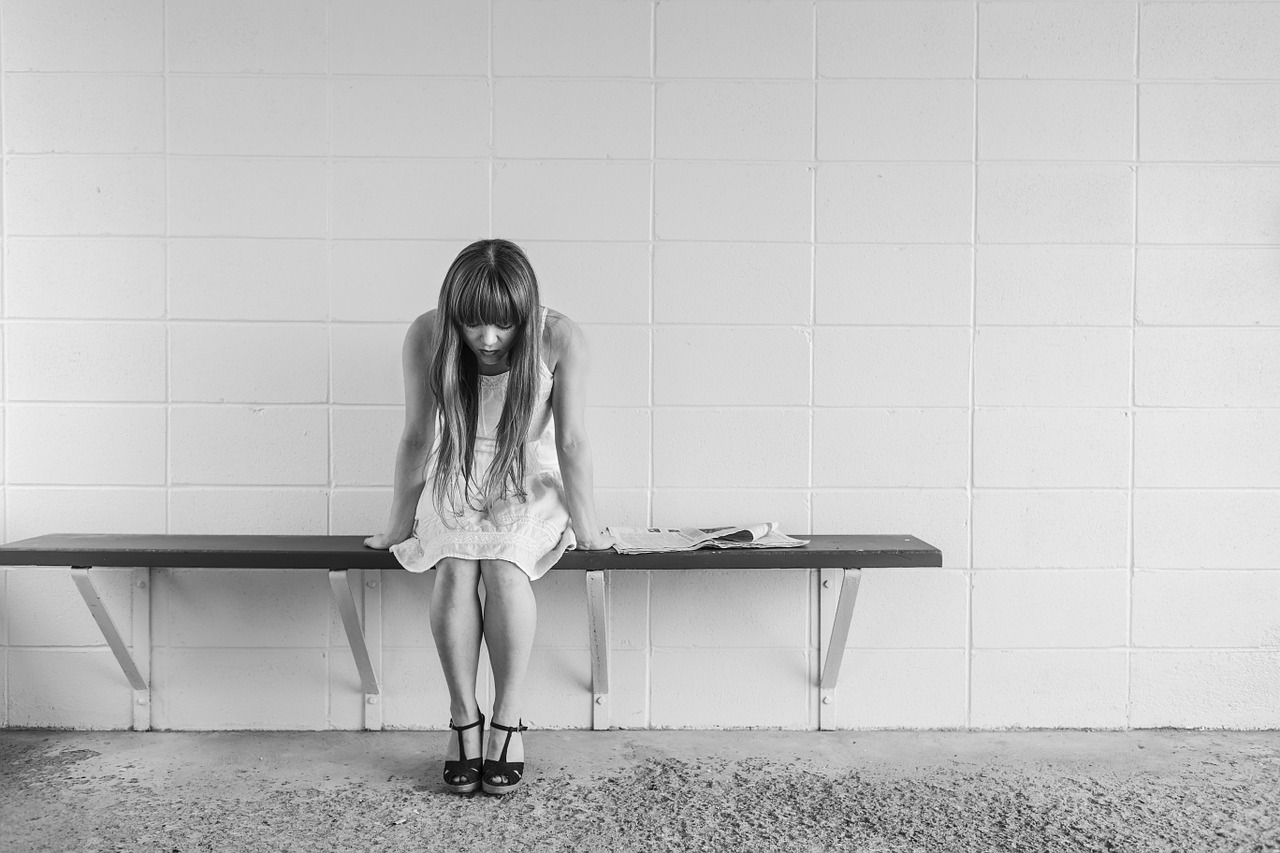
While Japan is famous for its animation, food, pop-culture, it’s also infamous for its extremely high suicide rates. Many Japanese students and salarymen succumb to the pressures of school and work by taking their own lives. There is little knowledge about what factors increase the risk of suicide, but recent research has found that people, namely adolescents, born between January 1 and April 1, are 30 percent more likely to commit suicide.
April 1 may be a day of jokes and pranks for some, but in Japan, the beginning of April means a new fiscal year and the start of a new school year. Since school always starts on the first Monday of April, federal law states that students will enter first grade if, and only if, they are six years old by April 1 of that year. Born on April 2? You wait until the next year to start school.
A research team in Osaka, headed by Associate Professor Tetsuya Matsubayashi, in collaboration with an American team from Syracuse University, hypothesized that the students born between January 1 and April 1, the youngest in the cohort, are at a higher risk of suicide.
They base their hypothesis on the idea that this group is developmentally behind their peers, who can be nearly a year older. While it doesn’t seem like much, in childhood, a year can make a big difference in mental, physical and emotional abilities. Because of this, kids born in that young group are more likely to fall behind their older, more developed, peers in both academics and sports. This disadvantage, the researchers argue, is enough to significantly increase pressure and stress in school for some students, which could eventually push them to suicide.
▼ Developmental disparities are still, if not more, apparent in high school.
The teams used information from people born between 1974 and 1985 and looked at those who committed suicide between the ages of 15-25, then separated their findings based on birthdate. They found that there were 30 percent more suicides of students born in the last week of March (March 26-April 1), the youngest kids, compared to students born in the first week of April (April 2-8), the oldest kids.
There have been some other studies, though not so many, comparing April-born and March-born people, including one which found that March-born people earned four percent less income than their older counterparts.
Upon announcing their results, Matsubayashi emphasized his belief that Japan needs to drop this current way of determining when students start school and return to the old way, a way that many other countries are starting to adopt again: kids should start school when they are developmentally ready. In “the old days” of Japan, that meant being in good health and knowing right from left. While those standards of readiness may have to be tweaked, the proposal, in general, makes sense. We’ll be on the look-out for any developments on this front, but a change like this will take some time, if ever implemented.
Source: Zaeega
Feature Image: Pixabay/RyanMcGuire
Insert Image: Pixabay/Counselling, Pixabay/cegoh